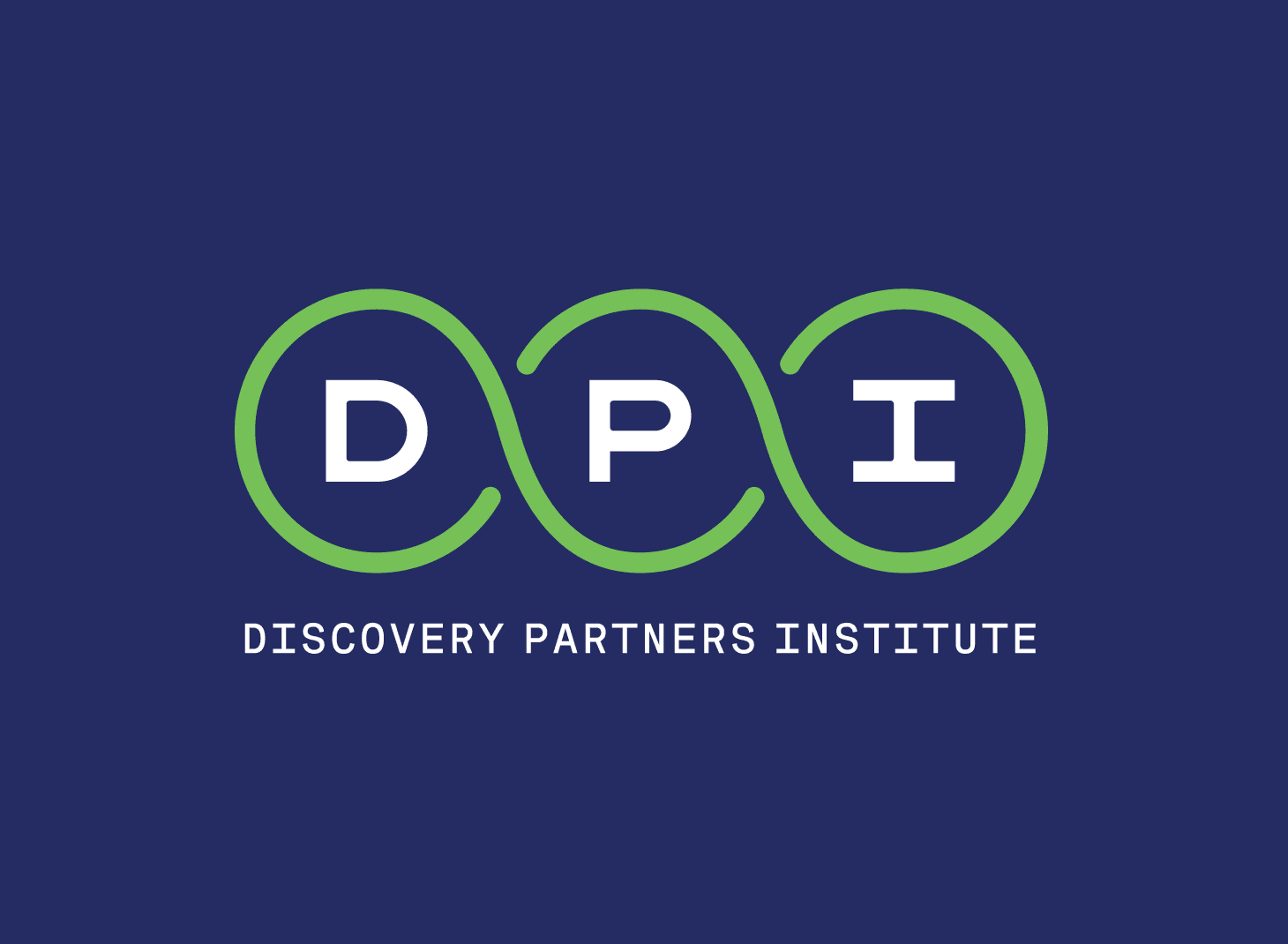
Abstract:
Virtual humans provide a human representation to computers. Their ability to simulate face-to-face conversations using both verbal and non-verbal behaviors has made them an important tool in information communication. However, designing virtual humans as an effective communication medium requires a deeper understanding of different factors that influence user interactions with virtual humans. In this talk, Mohan will discuss his expertise in designing and developing effective virtual human applications in the context of health behavior change. Mohan will present several example projects that focus on a) understanding the design of virtual humans’ visual elements, b) understanding the design of virtual human’s verbal messages, and c) developing virtual humans that can adapt their conversations based on individual differences in users’ personality. He will also discuss his efforts in the commercialization of ongoing research and development of a novel authoring platform that enables the rapid development of virtual human applications. The talk will conclude by providing a vision of the future of virtual humans as a communication medium within and beyond the healthcare context.
Biosketch:
Mohan Zalake is a Ph.D. Candidate in the Computer and Information Sciences and Engineering Department at the University of Florida. He works in the Virtual Experiences Research Group with Dr. Benjamin Lok. Mohan’s research focuses on understanding, designing, and developing virtual humans to help communicate information effectively with people. His work has been recognized with the Best Paper Award by the Intelligent Virtual Agents research community. He has organized workshops and given seminars to interdisciplinary communities for increasing the adoption of virtual humans in different fields. The virtual humans developed from his research have been evaluated by more than 4000 users in real-world settings across different health contexts, such as improving mental health among college students and increasing awareness of colon cancer screening among the elderly population.
